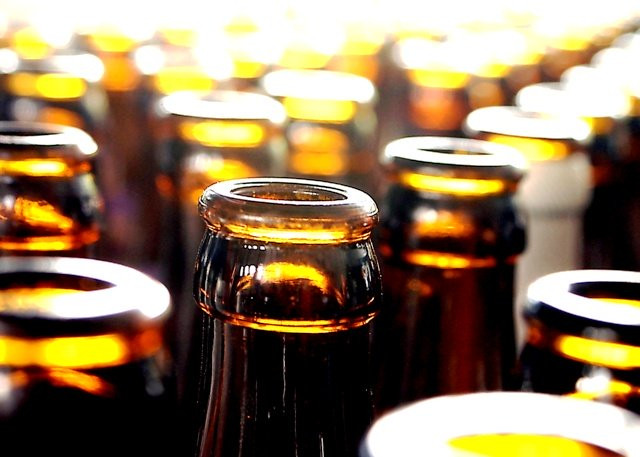Bottling up: Commission of experts calls for suspension of capacity tax
Says market share of beverage makers must be taken into account.

The government levied a fixed annual tax of Rs4.7 million per spout in the last budget. PHOTO: FILE
In a major blow to the Federal Board of Revenue (FBR), experts – tasked by a court to look into the capacity tax issue on the beverage industry – have found the taxation regime to be flawed and called for its suspension.
Making every producer of an aerated water drink pay the same tax based on the capacity of a machine when some of them are more productive does not provide a level playing field, ruled the commission, which was formed by the Lahore High Court around four months back.
In its seven-point finding, which was submitted on February 13 to the court, the commission said that the spout or valve, from which bottles are filled, cannot be an absolute tool to gauge a machine’s capacity.
“The data is reliable to measure the production of a particular machine,” said the commission, which included Dr Ijaz Chaudhry, Dr Shahid Ikramullah and Dr Zaheeruddin Sheikh.
The capacity tax on beverage industry, which has forced many small companies to either cut production or shut down plants, is emerging as a serious challenge for the government.
In its last budget, the government levied a fixed annual tax of Rs4.7 million per spout. The FBR had negotiated the taxation regime with two multinational companies upon the latter’s assurance that revenue would increase by 25%.
The three-member commission visited six beverage makers including RC Cola, Gourmet Foods, Pepsi Gujranwala, Shandy Cola, Pepsi Multan and Murree Brewery to determine the tax’s fairness.
It found that the production capacity of spouts differ depending on make and model, year of manufacture, size of bottle being produced, maintenance condition and down time of the machine.
“Market share of the organisation must be looked into before taxation so that a level playing field and healthy competition prevails,” the findings said.
Brand plays a major role in determining how much of the machine’s capacity would be used, it said, adding that local and multinational brands should be split in two categories for the tax regime to work.
“This will help the local sector compete with the multinational companies and once they reach a certain capacity then the same tax might be introduced for them.”
Finally, the commission said that capacity tax should be suspended for some time till the survey of all petitioners is complete.
During the visit to the plants, the experts observed that one company had a machine, which filled 75 bottles of 250 milliliters capacity every minute while others could fill 530 to 650.
Industry people say that the capacity tax was introduced without taking all stakeholders on board. The FBR has already expressed its annoyance over multinationals’ failing to meet their commitment.
Till January 2014, the industry was supposed pay Rs4.2 billion as net tax whereas FBR has only collected 50% of the amount, industry people say.
The capacity tax issue has divided the industry with smaller bottlers voicing concerns about undue financial burden on their small-scale operation. According to a rough estimate, around 95% of beverage market is under control of two multinational companies.
Under the capacity tax, all the Pakistani beverage makers have been seriously affected with their sales at less than installed capacity.
First introduced in 1990, it is widely believed that this method of tax collection was the result of aggressive lobbying by multinationals. It was rolled back in 1994 but, by then, 10 beverages and 13 juice plants had been closed.
Published in The Express Tribune, February 15th, 2014.
Like Business on Facebook, follow @TribuneBiz on Twitter to stay informed and join in the conversation.



















COMMENTS
Comments are moderated and generally will be posted if they are on-topic and not abusive.
For more information, please see our Comments FAQ